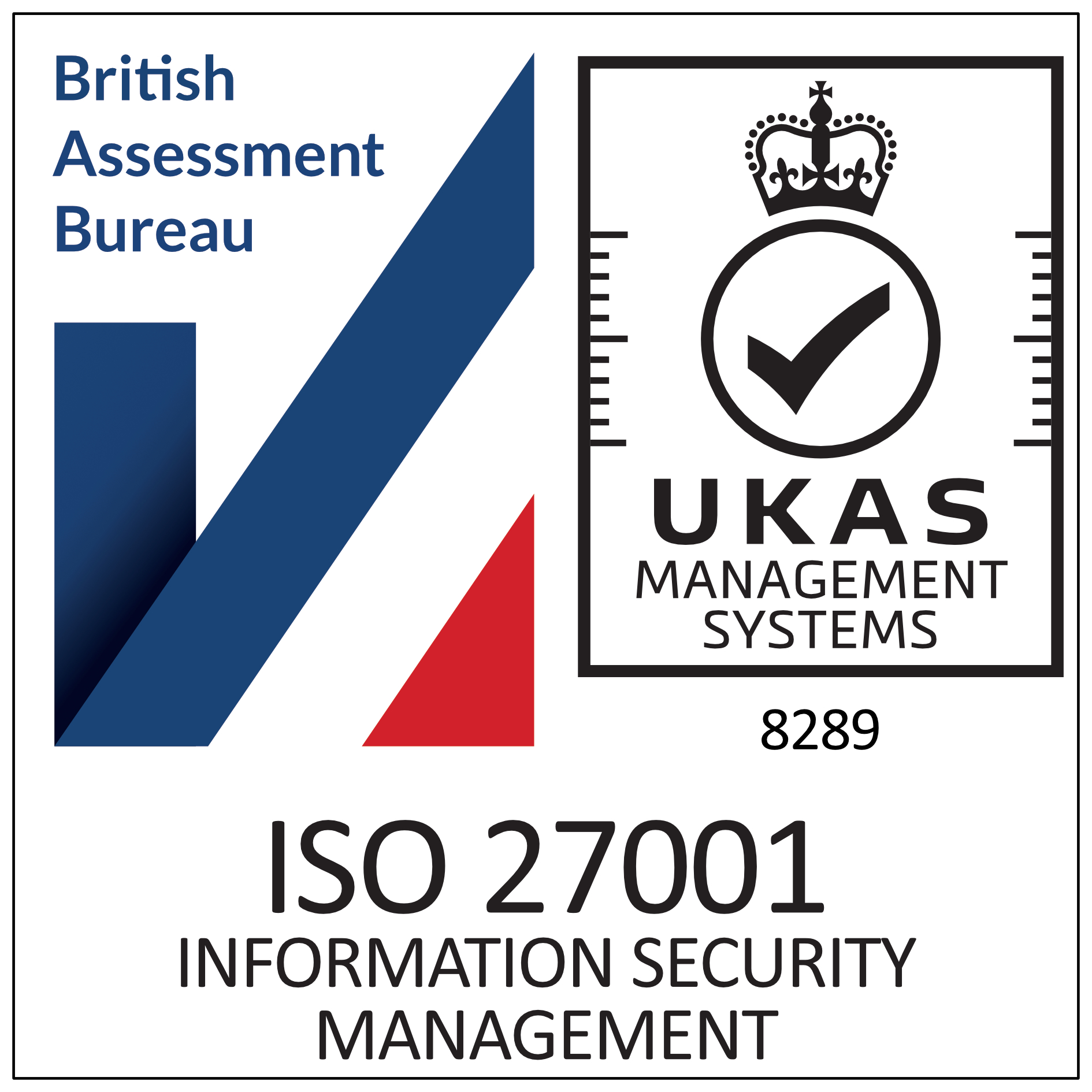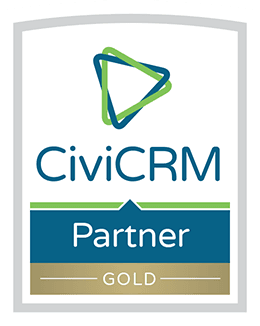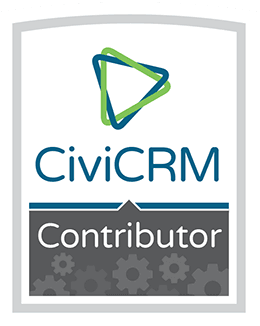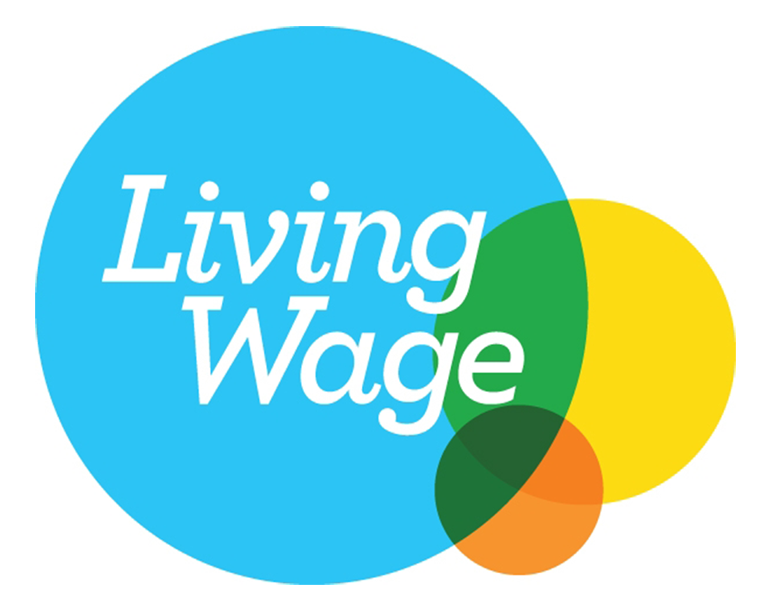HIVE is an initiative by the Portsmouth City Council and the NHS Portsmouth Clinical Commissioning Group (CCG) in conjunction with local voluntary, community and social enterprise services (VCSE).

Hive’s purpose is to strengthen the connections within the community by increasing the sense of security for those in need of support. This may be in matters of health, financial and legal advice, domestic issues, social and educational opportunities and security. Key to this is the ability to signpost those in need, to appropriate services across the boundaries of the NHS, social care and wider support services that may be relevant.
During our discovery phase, Circle worked closely with the HIVE team to understand the problems through the eyes of the users. This was done through the gathering of User Stories across the many stakeholders of the HIVE project.
The User Stories gave us the perspectives of many different types of users. These included members of the public from many different backgrounds, NHS staff members, organisations’ team members, trustees, volunteers, users of specific services, mentors, and members of the HIVE team.
By amassing a large amount of qualitative information, we gained powerful insights about the potential of the HIVE directory website for the communities it served. It enabled us to shape the focus of development for each stage of the development process in order of priorities learned during the discovery stage.
We worked with the HIVE team using an Agile development process. Using this methodology, progress is planned in short sprints focussed on real priorities. Time for reflection and feedback is built into the process, giving new insights which are carried through into subsequent sprints.
The benefits to client from working this way are;
- The budget and timescale are fixed so there’s no risk of overspend and it will be clear at each stage how much development time is left.
- The outputs are iterative, so clients can be testing and reviewing work from a sprint while development on the next one continues
- Clients have hands-on engagement with systems and solutions during development.
- Clients can re-evaluate priorities between sprints and even add in changes or new requirements, so long as there is sufficient time remaining and a willingness to descope in favour of these.
The Agile process supports collaboration and ongoing innovation. This is necessary for a project with a large number of stakeholders and a complex architecture. Solutions are borne out of investigation and reflection, through ongoing dialogue and collaboration.
A large part of the project was the design of the search architecture. We created 6 main categories of support, which were subdivided into 93 specific subcategories. We re-engineered the search function using Drupal’s powerful taxonomies. This enabled us to build a complex hierarchy of categories. This is also fully integrated with the CiviCRM database, which means HIVE team members can update it easily.
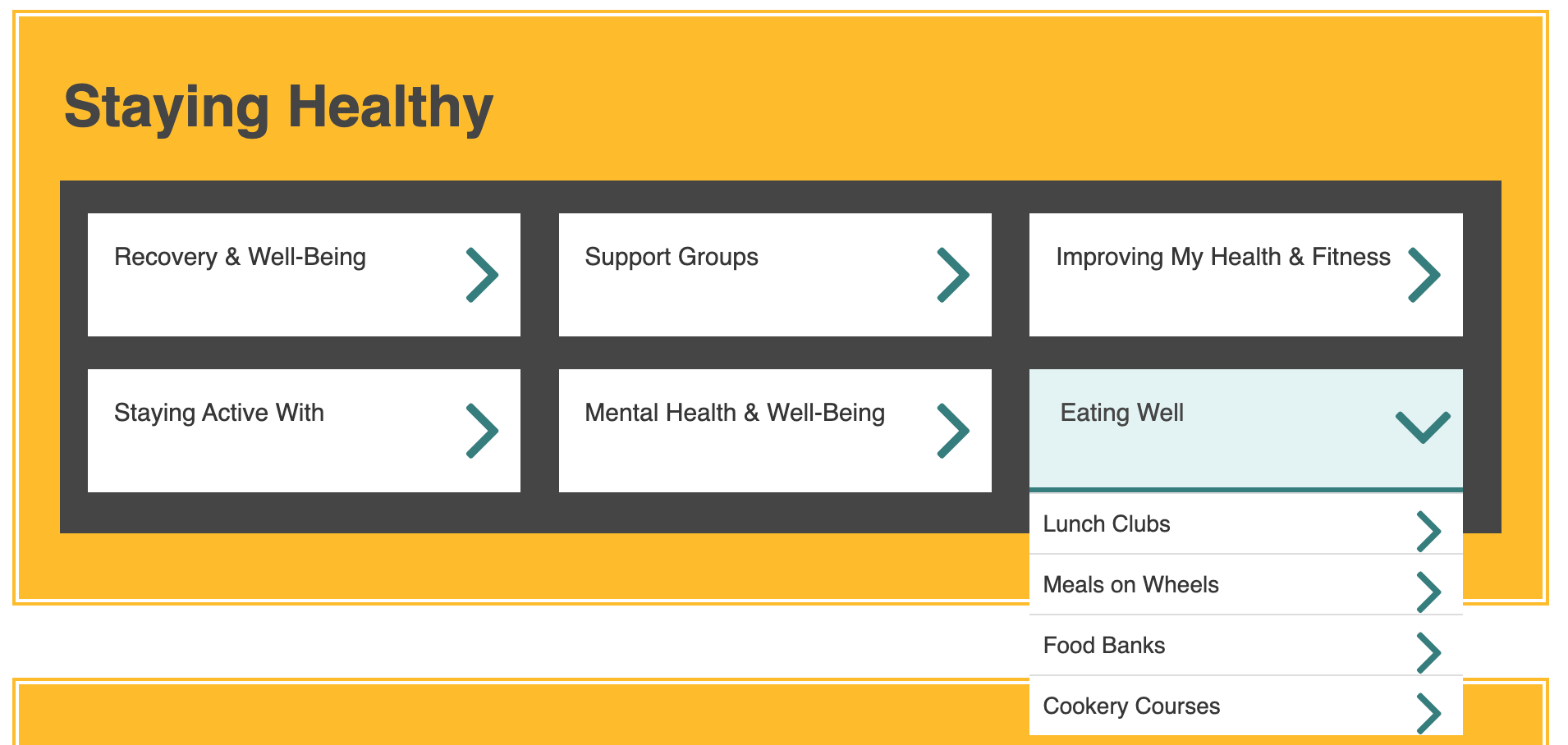
Importantly, the design of the search architecture was undertaken in collaboration with stakeholders and then thoroughly tested by users.
As well as defining the search criteria, users have the opportunity to filter results according to demographic criteria such as age range, postcode, etc, to ensure relevant and specific results.
Many of the organisations provide a large number of individual services. The database contains this rich information about each service provider, and this is reflected in the search results. This ensures that users can find the most relevant services for their individual needs. There are thousands of possible combinations of searches and results possible.
As well as the public search facility there is another layer of data which is searchable by ‘Mediated Users’. These users could be staff working in the NHS or other social services. These users also can access data which is not made available to the general public and can access a dashboard showing related services. There is also functionality to feedback updates or concerns about specific services via a webform.
There’s also a facility for members of the public to give feedback about services via the website.
During the discovery phase it became clear that many users search for support and information is prompted by life events, for example having a baby, a recent bereavement or coming out of prison.
The home page has a drop down menu where many common life events are listed. Also many of the criteria are visible on the homepage. The 6 main categories are displayed in blocks of up to 6 drop down menus. This gives users many options to choose from directly from the home page without going deep into the website’s page architecture.
The HIVE portal has been an ongoing project for Circle since 2019. As a community resource for self-service support and an information hub for information related to health and social care, it was utilised to its fullest extent during the COVID pandemic. Since then we have added a Volunteer Portal, News Section and an Events Directory. The HIVE portal now provides opportunities for members of the community to register interest in many volunteering opportunities. The powerful search now helps people volunteer for activities based on their specific skills and motivations.
The project as a whole is a great example of how Agile Development supports continuous change and ongoing innovation at the heart of community projects with large groups of stakeholders.
By progressing iteratively through the sprints, and listening to stakeholder feedback, the project goals have evolved throughout the process. We’ve saved the client time and money that may have been wasted if we'd worked towards goals that were decided at the start.
We remain trusted partners to the HIVE team. This ongoing working relationship enables us to support the HIVE project to respond to change.

